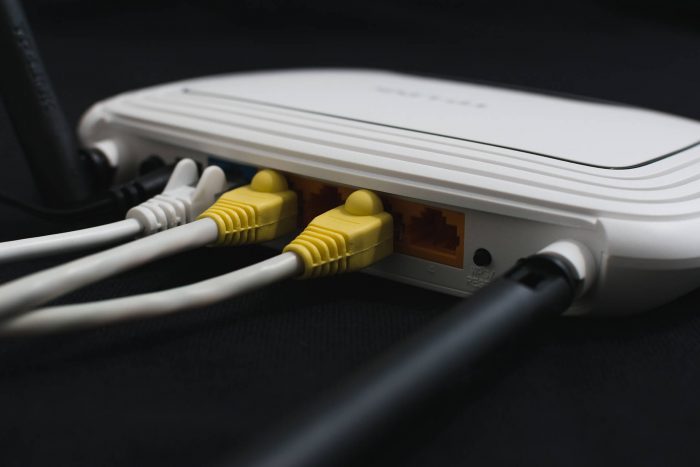Most Popular Modems with their Specifications
January 27, 2018

A modem is a hardware device or a network bridge that allows your computer to communicate with your internet service provider through a DSL or cable lines. It converts analog signals into digital signals to enable you access broadband internet for bi-directional data communication; you can receive high-speed internet data this way. Since cable modems are an ‘always-on’ connection with fast data transfer rates, they are considered as being part of broadband devices.
Usually the internet service provider provides you with a modem that’s suitable to the speeds you are availing, but going for a modem of your own choice might enable better performance. However, before buying a modem, make sure it’s compatible with your internet service. Most DSL and cable providers use different delivery methods for their internet service, so you will need to buy one that is accordingly compatible.
Most ISPs make it difficult to use a modem other than their own by using DOCSIS (data over cable service interface specification) standards to send information to your modem. Other ISPs use cable or DSL (digital subscriber line) modems to connect your home/office to the internet network. If you are using telephone lines to access internet, chances are you will need a DSL modem.
If you are hooked up with a cable internet provider, then go with the Arris SB6141 which offers great compatibility with the ISP as well as enhancing performance and design. If your ISP offers DSL connections, then you should know that they can come in two forms – as ADSL (asymmetric digital subscriber line) and as VDSL (very-high-bit-rate digital subscriber line).
The best DSL modems available in the market are compatible with both these two types of DSL connections. The Netgear AC1600 DSL modem which comes combined with a router is compatible with both ADSL and VDSL internet providers, and is one of the best.
And if you are thinking what type of connection you have, just check the back of the modem provided to you – if it has a coaxial connection, then you have cable internet; but if it has telephone connection, then you will need to get a DSL modem. One thing you must check when buying a modem is the number of downloading and uploading channels available on it; the higher the number, the better it is as it will give you better speeds and performance. You could even think of buying a modem-router combo for greater practicality.

